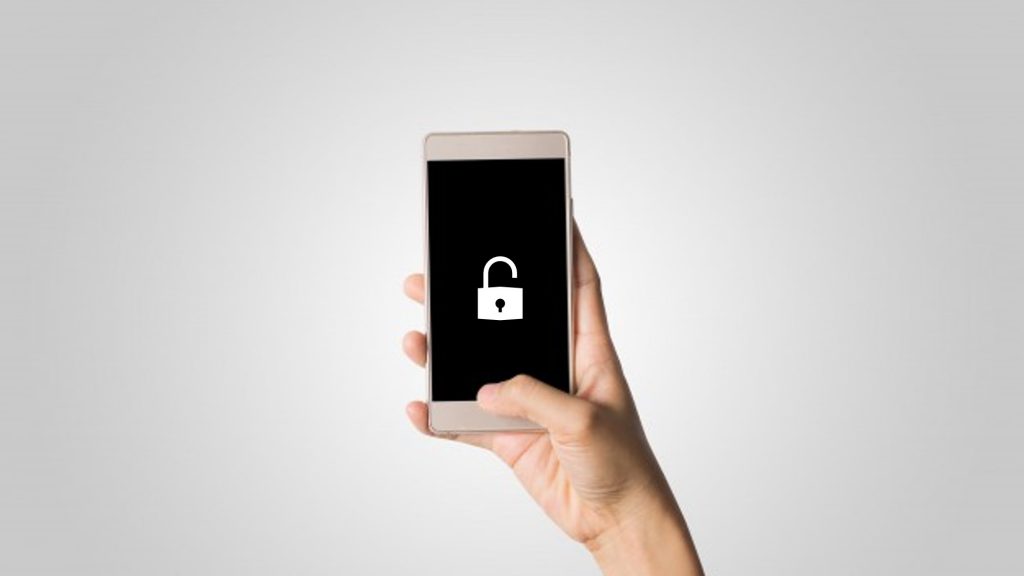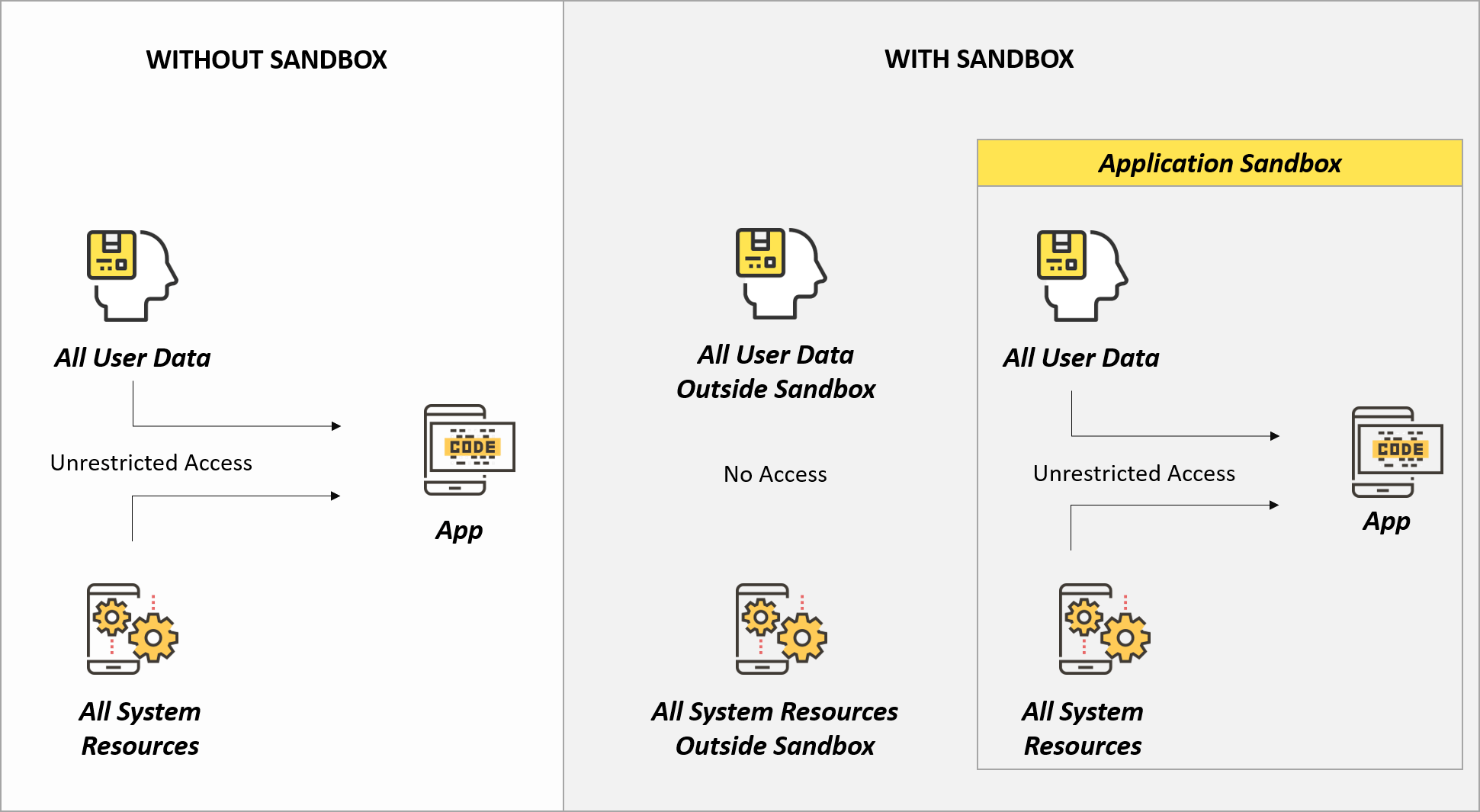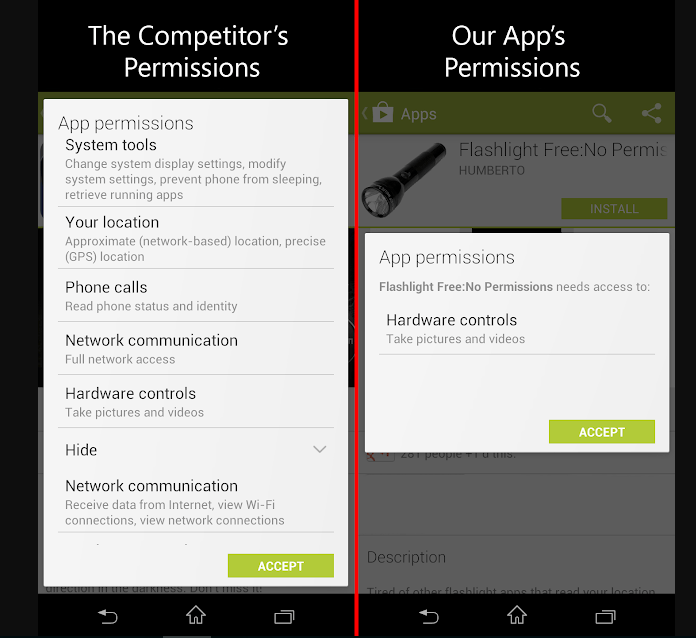
Are apps stealing your personal data? Part Two
In the previous post, we looked at how some mobile apps can be malicious and attempt to take advantage by stealing your personal data for monetary gains. In this part, we will explore the measures that mobile app developers can take while building apps to make them more secure and prevent critical personal data loss.
Note to developers – Building secure mobile apps
Ensure libraries are free of vulnerabilities
Developers must be cautious while using third-party libraries as they could contain malicious code or could possess security flaws. Ensure that the code is tested thoroughly before being used in the app development.
Application sandboxing against malware
While building and testing apps, it is a good practice to follow sandboxing. This helps to isolate application data and code execution from other apps. A sandboxing approach helps execute untested or untrusted programs or code, possibly from unverified or untrusted third parties or websites, without risking harm to the host machine or operating system.

Don’t ask too many permissions to sensitive information
A simple app such as a flashlight does not require permission to access internet and location. These days users are concerned about data privacy issues and hence do not prefer apps that need permissions which they find unnecessary. Therefore, tuning down on number of permissions might help increase user adoption. In fact, one of the flashlight apps has put up a permission comparison screenshot to showcase less permissions as a USP:

Validate input fields to prevent SQL injection attacks
SQL injection is an attack technique that takes advantage of applications that don’t correctly validate user-supplied requests before passing them to the associated backend database. Using normal request channels such as form data, scripts and URLs, hackers can pass malicious SQL queries and commands to a database if they are not thoroughly checked first. By validating input fields and sanitizing data inputs regularly and monitoring input logs, threats like SQL injections can be thwarted.
GDPR regulations and what it means for mobile apps
From May 25 2018 onwards, GDPR will be applicable to all websites and mobile apps which serve users who are citizens of EU. Developers must ensure that they adhere to the EU guidelines and ensure greater data protection for app users. Some of the guidelines are to collect only vital information, encrypt that data and allow users to delete/modify said data at any point of time.
We have looked at some steps the developers can undertake to embed security in mobile apps right from design and development stages. In the next post we will explore how you as a user can protect yourselves from malicious mobile apps and prevent them from stealing your personal data.
